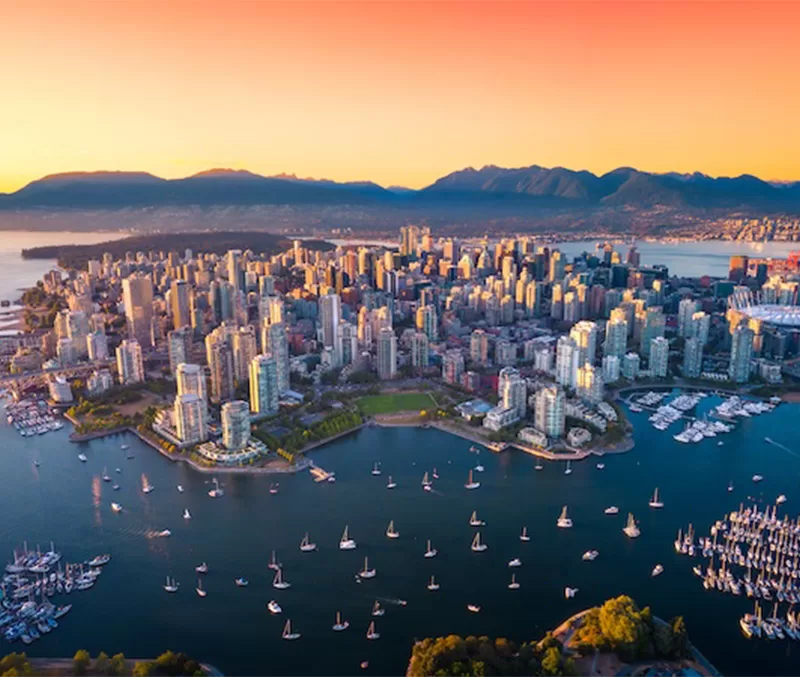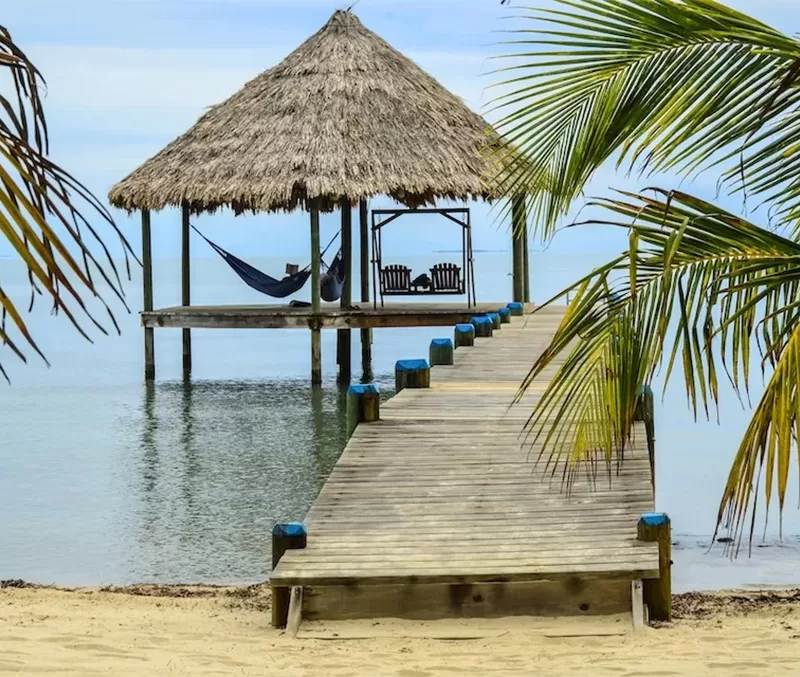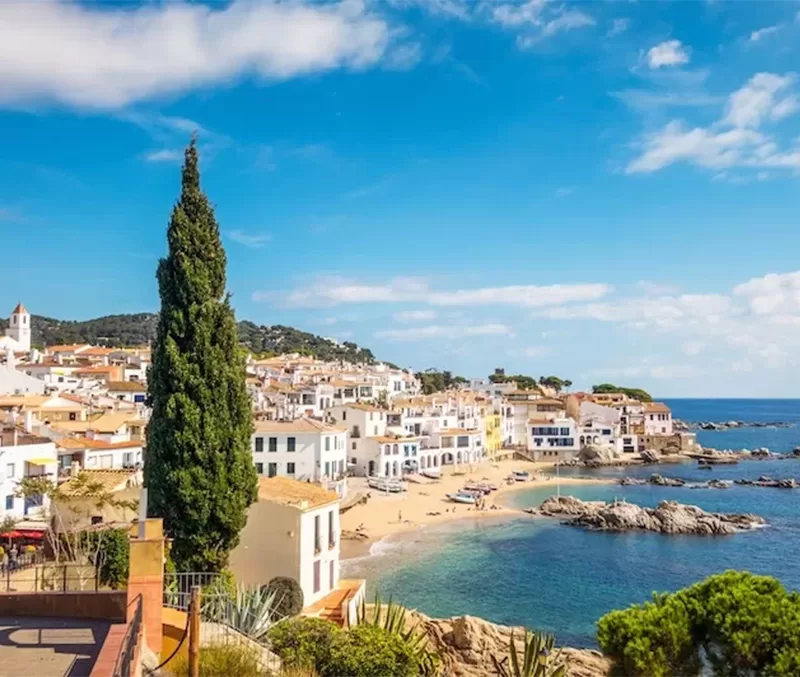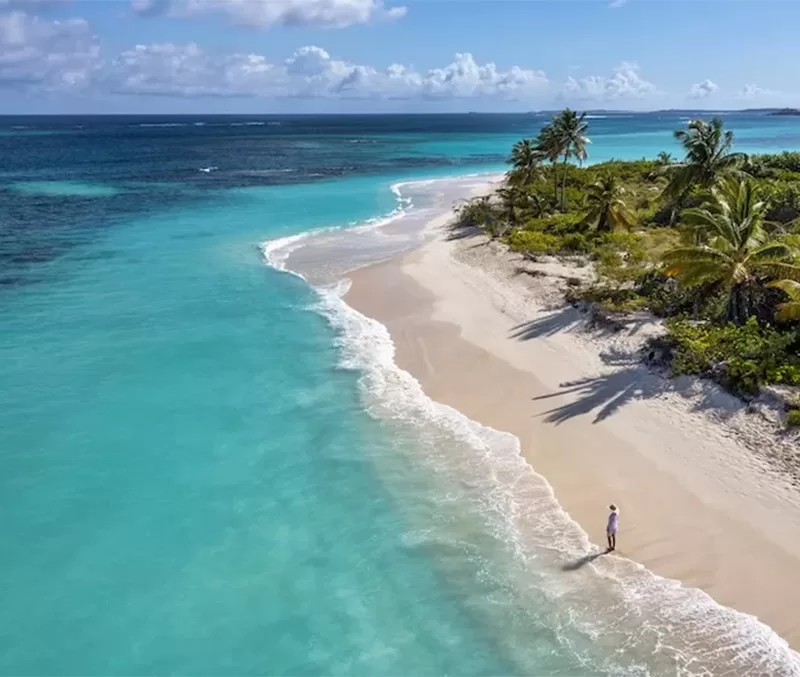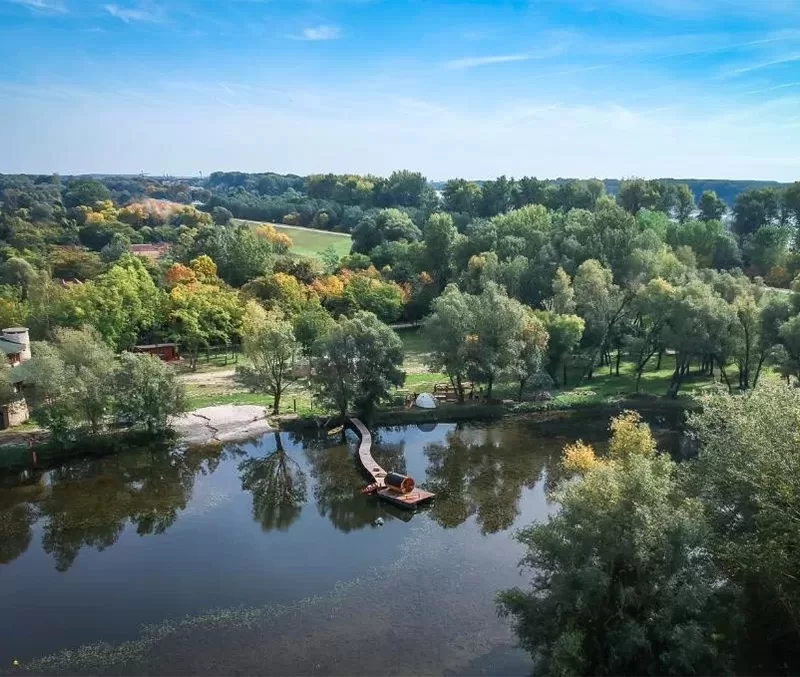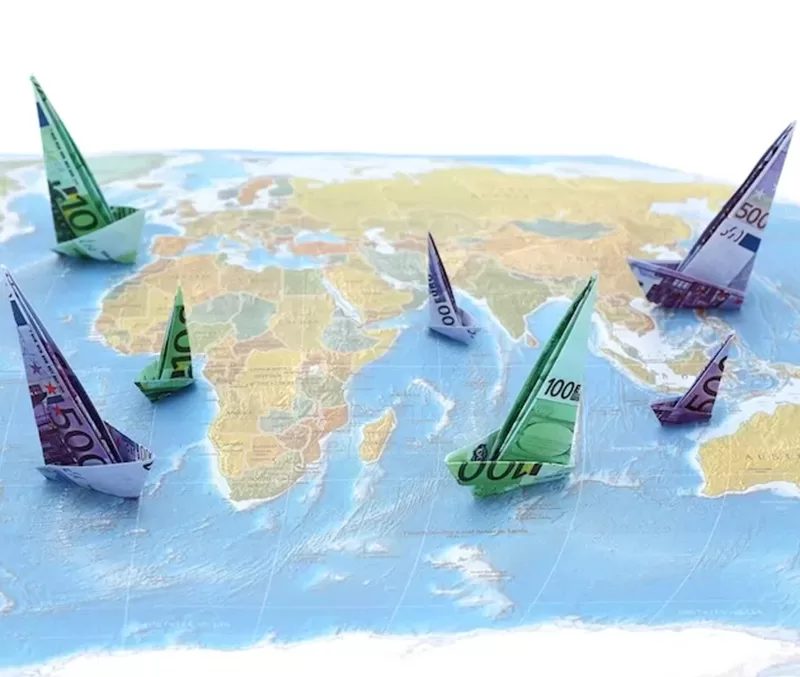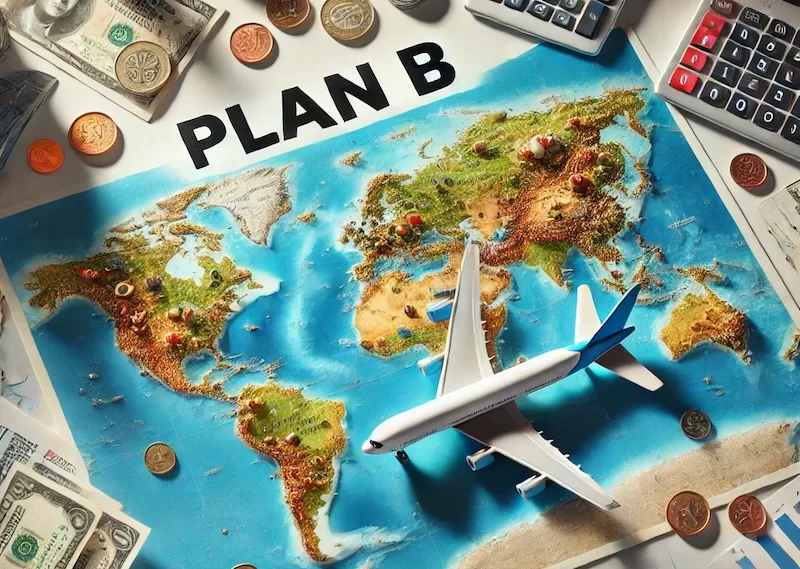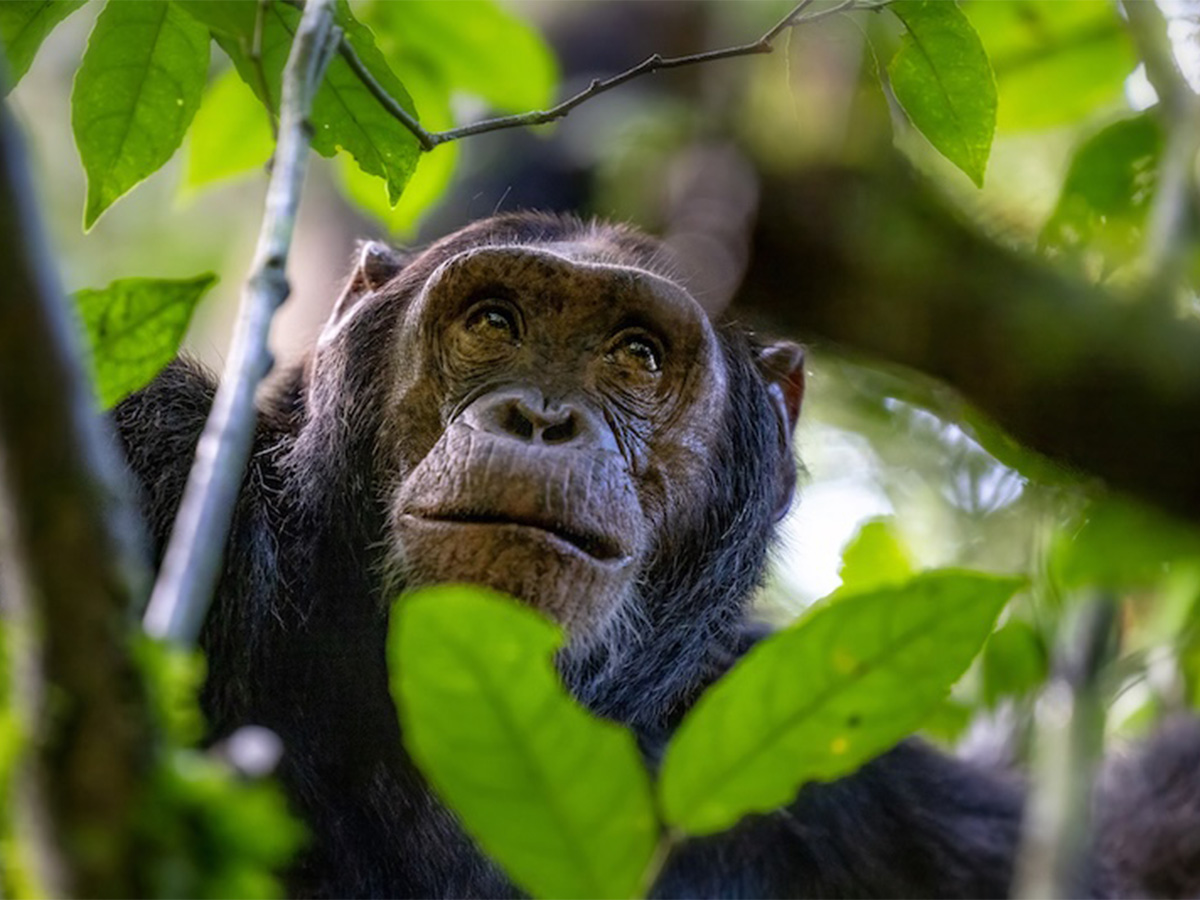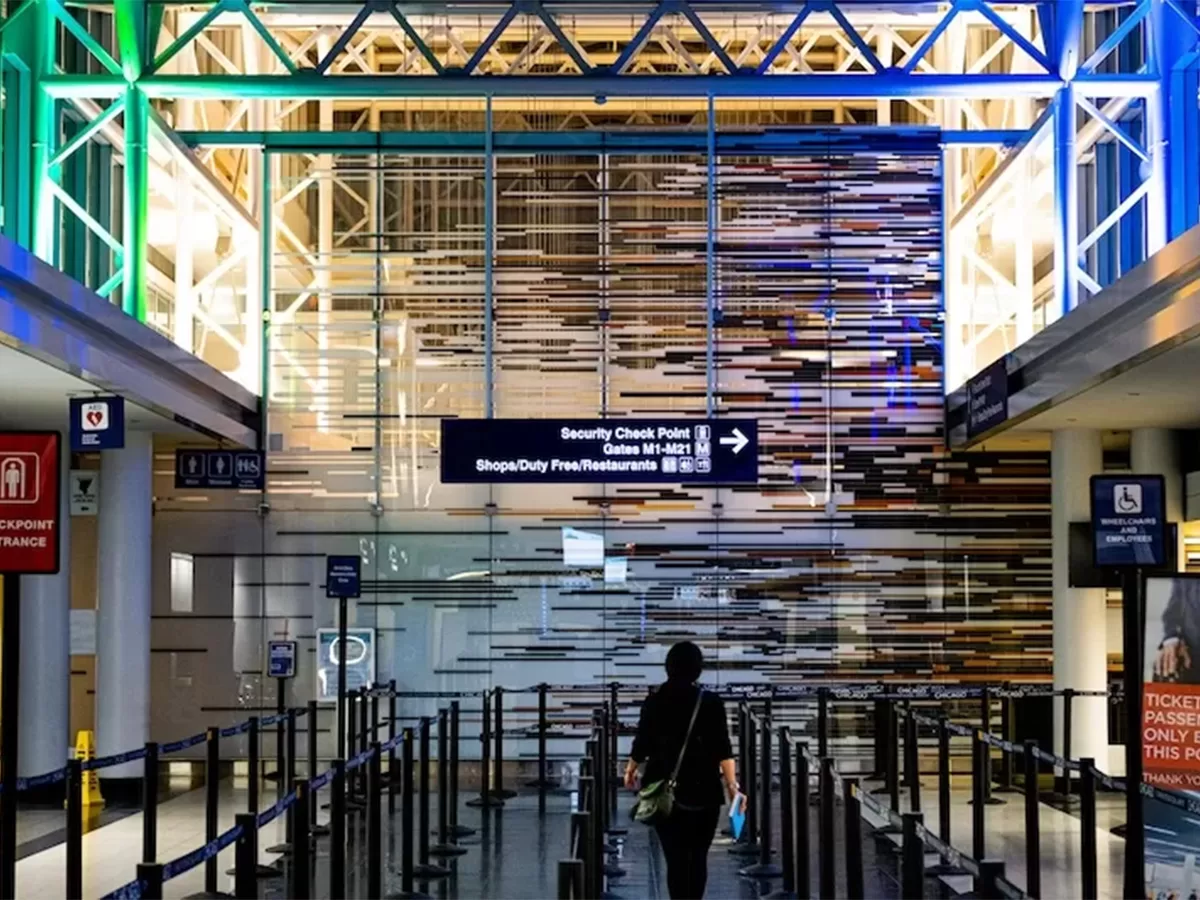Southeast Asia is rapidly becoming a retirement haven where expats can stretch their nest egg to the max. The area is affordable, beautiful, and truly an exotic getaway for most Western retirees. If you’re one of many planning a luxurious retirement in a place like Vietnam, Thailand, or Malaysia, then use these tips to prepare yourself for the potential culture shock you’ll experience upon entry.
- No matter how careful you are, your stomach will probably not like you for a few weeks. This is normal and it takes awhile for your body to assimilate. Try to eat plenty of yogurt to help your insides adapt more quickly.
- When looking for a place to eat, always go with the busiest places. The locals know which restaurants are the best and it will be obvious.
- Keep a little toilet paper or tissue with you at all times. Most public restrooms won’t have this for you and it can also be used as a napkin, which usually isn’t served with the food.
- Menu items are often more vague. For instance, if you order “chicken” then in reality you’ll probably receive some kind of bird meat; ordering “fish” could be anything from the local fish market. The one meat you can count on is pork being pig, so when in doubt, go with the pork.
- Eating etiquette will be very different. For instance in Thailand, even though you receive a fork and a spoon, it’s considered rude to put the fork in your mouth; it’s only used to push food onto the spoon. Also, if you’re not already familiar, chopsticks will soon be your new best friend, so start learning now.
- Get crazy and enjoy ice in your beverage. The water is usually purified prior to freezing so you don’t have to worry about contaminants.
- When buying things from street vendors, always try to use exact change as there is a tendency to pocket the whole amount. Also, never hand over the money without knowing the price first and once the exchange has been made, don’t count on a refund if there’s a problem.
- When using taxis, tuk-tuks or other public transportation, be aware of how far your destination is and about how much it costs ahead of time. Ask a local if you need to. Many drivers will up the price a bit if they think you don’t know the area.
- Never underestimate the effects of change and jetlag. Be prepared to take it easy for awhile. The general guide is that it takes one day of adjustment for every hour of time change. You’ve just stepped into a new hot, humid environment with a full days time change so give yourself plenty of rest and hydration. Since you’re in this for the long haul, those photos by the temple can wait.





